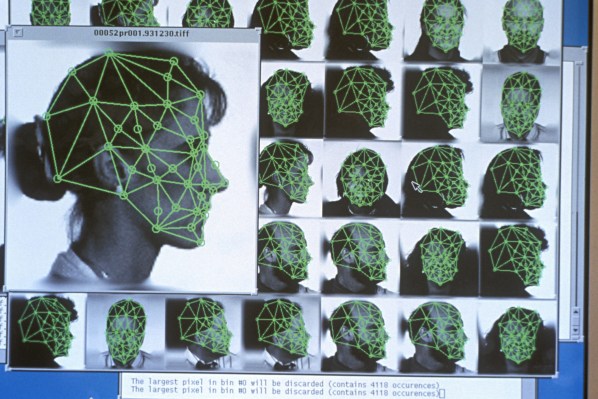If only Facebook had been using the kind of technology that TechCrunch Startup Battlefield alumnus D-ID was pitching, it could have avoided exposing all of our faces to privacy destroying software services like Clearview AI.
At least, that’s the pitch that D-ID’s founder and chief executive, Gil Perry, makes when he’s talking about the significance of his startup’s technology.
D-ID, which stands for de-identification, is a pretty straightforward service that’s masking some highly involved and very advanced technology to blur digital images so they can’t be cross-referenced to determine someone’s identity.
It’s a technology whose moment has come as governments and private companies around the world ramp up their use of surveillance technologies as the world adjusts to a new reality in the wake of the COVID-19 epidemic.
“Governments around the world and organizations have used this new reality basically as an excuse for mass surveillance,” says Perry. His own government has used a track and trace system that monitors interactions between Israeli citizens using cell phone location data to determine whether anyone had been in contact with a person who had COVID-19.
While awareness of the issue may be increasing among consumers and regulators alike, the damage has, in many cases, already been done. Social media companies have already had their troves of images scraped by companies like Clearview AI, ClearView, HighQ and NTechLabs, and much of our personal information is already circulating online.
D-ID is undeterred. Founded by Perry and two other members of the Israeli army’s cybersecurity and offensive cyber unit, 8200, Sella Blondheim and Eliran Kuta, D-ID thinks the need for anonymizing technologies will continue to expand — thanks to new privacy legislation in Europe and certain states in the U.S.
Meanwhile, the company is also exploring other applications for its technology. The services that D-ID uses to mask and blur faces can also be used to create deepfakes of images and video.
The market for these types of digital manipulations are still in their earliest days, according to Perry. Still, the company’s pitch managed to intrigue new lead investor AXA Ventures, which joined backers including Pitango, Y Combinator, AI Alliance, Hyundai, Omron, Maverick (U.S.) and Mindset, to participate in the company’s $13.5 million round.
D-ID already sees demand coming from automakers who want to use the technology to anonymize their driving monitoring systems — enabling them to record drivers’ reactions, but not any public identifying information. Security technologies that monitor for threats are another potential customer, according to the company. While closed circuit television monitors a physical space, it doesn’t need to collect the identifying information of people entering and exiting buildings.
“The convergence of increased surveillance and individual privacy protection places enterprises in a position where they must either anonymize their stored footage or risk violating privacy laws and face costly penalties.” said Blondheim.
The technical wizardry that D-ID has mastered is impressive — and a necessary defensive tool to ensure privacy in the modern world, according to its founders. Consumers are demanding it, according to D-ID’s chief executive.
“Privacy awareness and the importance of privacy enhancing technologies have increased,” Perry said.
